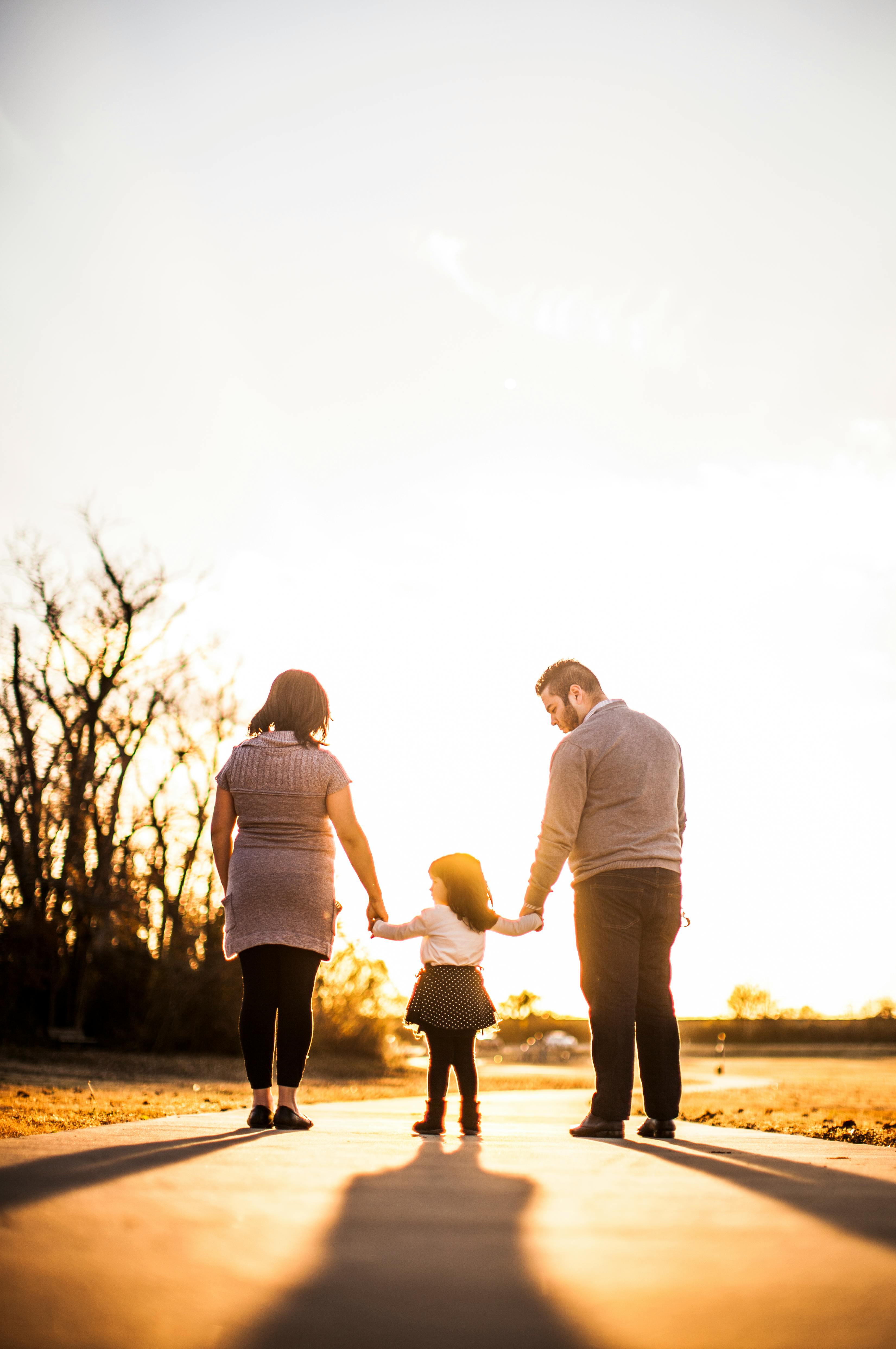Apply Now
How to Properly Cook Burgers in Oven at 375 for Perfect Juiciness
Cooking burgers in the oven can be a game-changer for many home cooks. Achieving a juicy, flavorful burger while avoiding the mess of outdoor grilling can be as simple as following the proper techniques. One of the enticing aspects of this method is the ability to bake multiple burgers at once, making it easier to serve a family or guests. This article will guide you through the process of cooking burgers in the oven at 375 degrees Fahrenheit, ensuring you achieve that perfect juiciness with every bite.
You'll learn about cooking times, techniques, and tips to enhance flavor while ensuring that your burgers reach that ideal temperature for safety and taste. Whether you prefer classic beef, turkey, or veggie options, our strategies cater to various preferences and elevate your burger game. Here’s a roadmap of what to expect: thorough insights on how long to cook burgers in the oven, best practices for juicy results, seasoning tips, and even suggestions for toppings.
The Ideal Burger Cooking Temperature
Understanding the right cooking temperature is crucial when aiming for juicy oven-baked burgers. When cooking burgers at 375 degrees Fahrenheit, the heat allows for a balanced cooking process, helping maintain moisture while developing irresistible flavors.
Recommended Internal Temperature for Burgers
The internal temperature for safe hamburgers is 160 degrees Fahrenheit for ground beef, ensuring complete safety from harmful bacteria. However, as you refine your approach to burger doneness levels—rare to well-done—you may consider options like medium (140-145°F) or medium-well (150-155°F). Knowing these temperatures will help you assess how long to bake hamburgers accurately, providing a juicy result each time.
Choosing Burger Thickness
Thickness plays a significant role in cooking time and end results. The ideal hamburger thickness should be around ¾ inch to 1 inch. Thicker patties may require longer baking times, whereas thinner ones cook faster. Consistency in your burger thickness guarantees even cooking, helping to avoid common burger mistakes in oven methods.
Important Seasoning Tips for Flavor
Ingredients that infuse flavor into your burgers are equally vital. Season your patties with salt, pepper, and other spices at least 30 minutes before cooking, allowing the flavors to penetrate the meat. Experimenting with different seasonings can yield rich variations in burger recipes and enhance your culinary repertoire.
Baking Time by Burger Size
Baking burgers time varies based on size—generally, a 1-inch thick beef burger at 375 degrees will take about 20-25 minutes to cook through. Smaller, thinner burgers can take closer to 15-20 minutes. Always ensure that timing aligns with the desired doneness level and the thickness of each patty.
Creating Juicy Oven-Baked Burgers
Now that we have the basics covered, let's delve into actionable steps for creating juicy oven-baked burgers.
Preparing Hamburger Patties
Homemade burger patties are often more flavorful than pre-packaged options. To make them, mix ground beef with salt, pepper, and even breadcrumbs or an egg as a binder. Shape the patties gently, avoiding over-handling, which can lead to toughness. Including small dimple indentations on each patty can help them keep their shape while cooking, promoting even baking.
How to Prevent Dry Burgers
To avoid dry burgers, ensure you don’t overcook them. Use a meat thermometer to check doneness and remove them from the oven a few degrees below the target temperature, allowing for carryover cooking once removed. A well-timed meat check helps guarantee juicy, succulent burgers every time.
Variations in Burger Recipes
Don't shy away from variations! Create loaded baked burgers by adding cheese, bacon, or vegetables on top in the last few minutes of baking, allowing for that perfect melt. With the right innovations and combinations, you can explore endless possibilities to make your burgers extraordinary.
Preparing Burgers in Advance
Burgers can be prepared in advance and stored in the refrigerator until ready to bake. This can be particularly useful for meal prepping for gatherings or busy weeknights. Just remember to follow food safety guidelines concerning thawing and cooking, especially when preparing frozen burgers.
Oven Cooking Tips for Perfect Burgers
To further elevate your burger-baking experience, consider these oven cooking tips specifically for burgers.
Using a Baking Sheet Properly
Line your baking sheet with parchment paper or aluminum foil for easy clean-up. Place a wire rack on top for proper air circulation around the burger patties, ensuring they cook evenly without becoming soggy on the bottom.
Consider a Convection Oven
If available, using a convection oven can expedite cooking time and enhance flavor retention. The consistent heat circulation allows burgers to develop a superior crust while staying juicy inside.
Testing Burger Doneness
If you’re unsure how to tell when burgers are done, remember to rely on the internal temperature readout. If you prefer a visual cue, look for juices running clear rather than pink, indicating they may be cooked through.
Pairing Burger Buns and Toppings
Selecting the right buns for burgers is as essential as the burger itself. Consider brioche or whole grain for a textured bite. Don’t forget delicious toppings; fresh greens, tomatoes, and onions can elevate the overall flavor profile while providing freshness to complement the richness of the burger.
Conclusion
Baking burgers in the oven is not just about reducing mess; it’s an effective process to achieve perfectly juicy results. By understanding cooking times, temperatures, and techniques, you can master how to bake burgers for delightful meals, whether casual family dinners or gatherings with friends. Follow these tips and variations to create mouthwatering burgers that evoke excitement and satisfaction at the dinner table.




